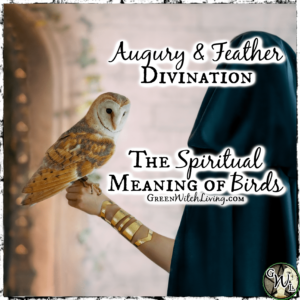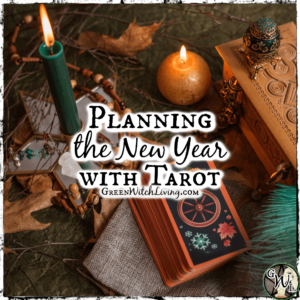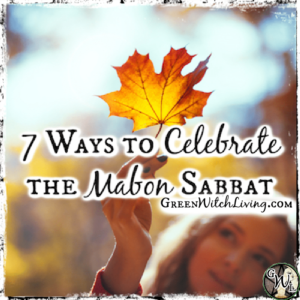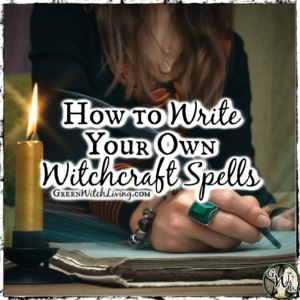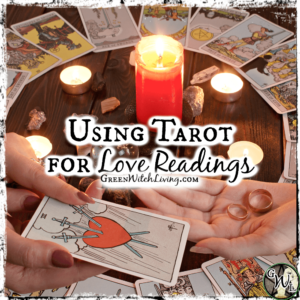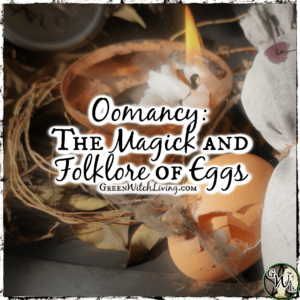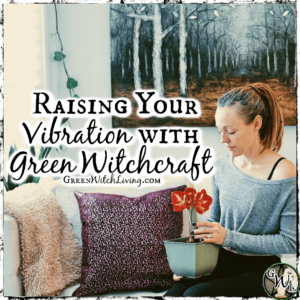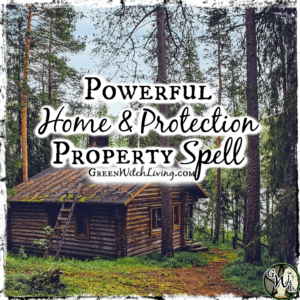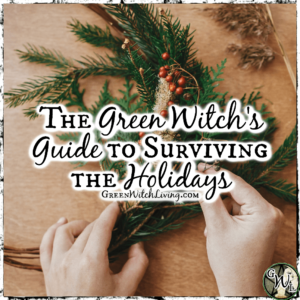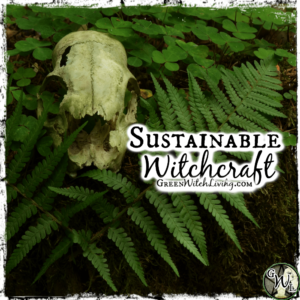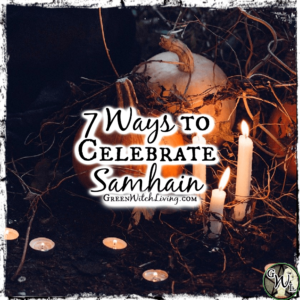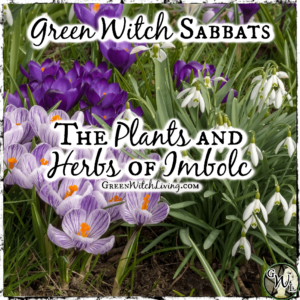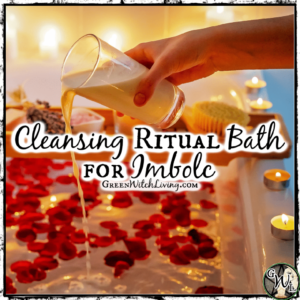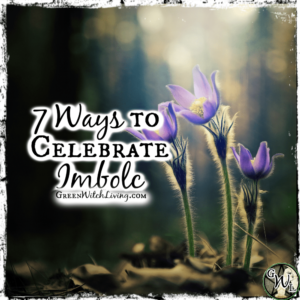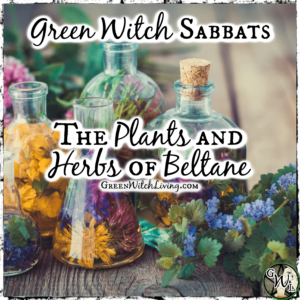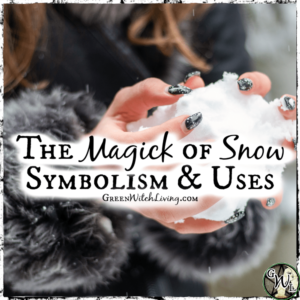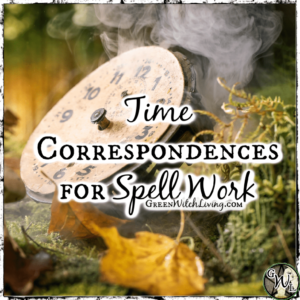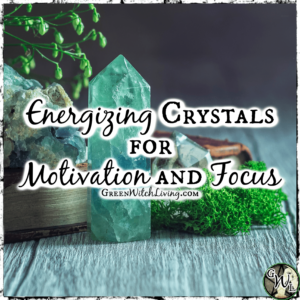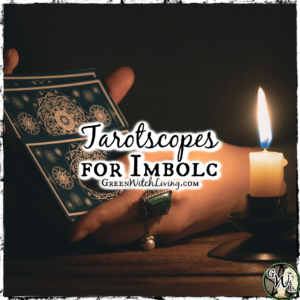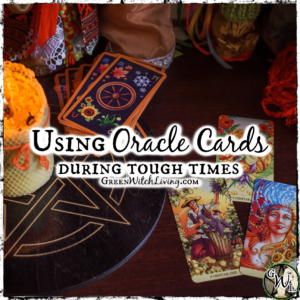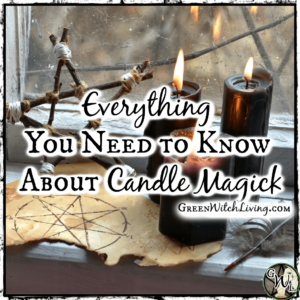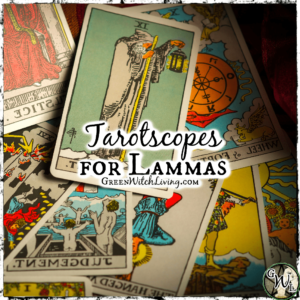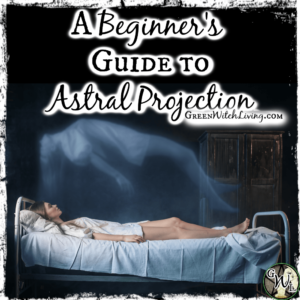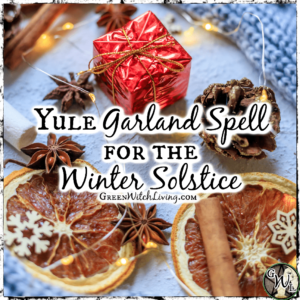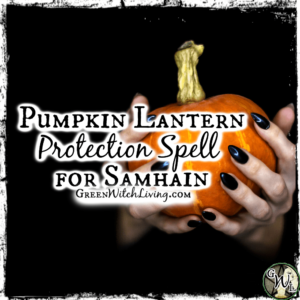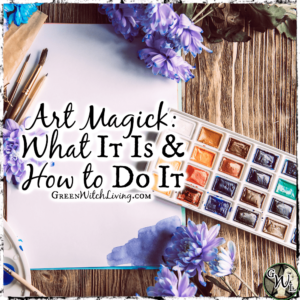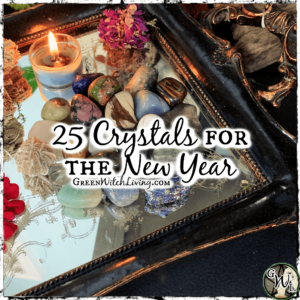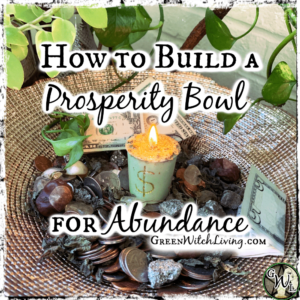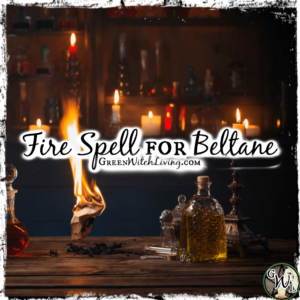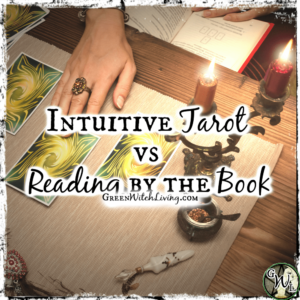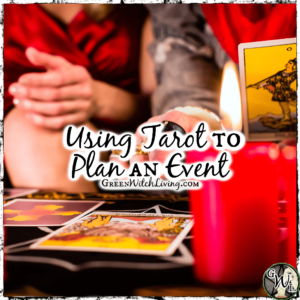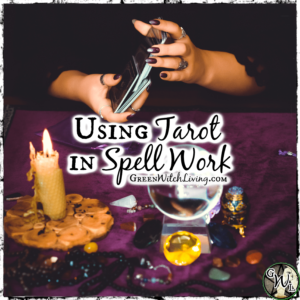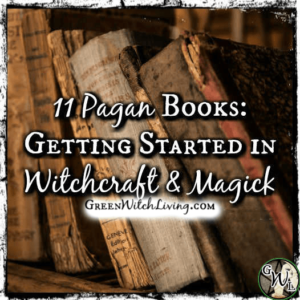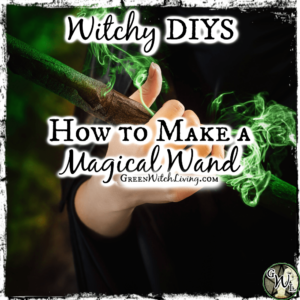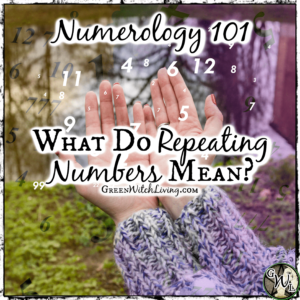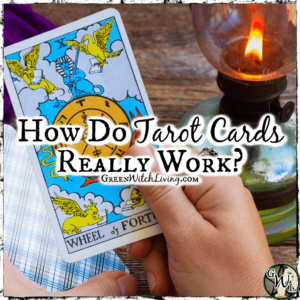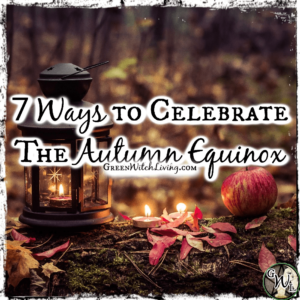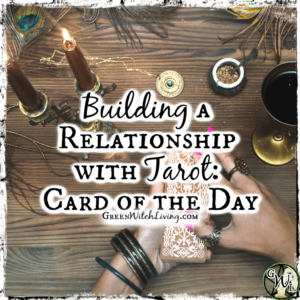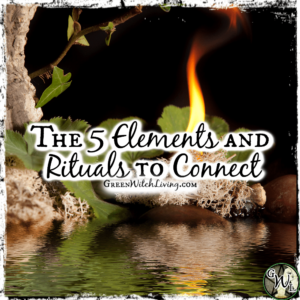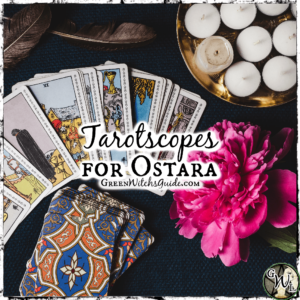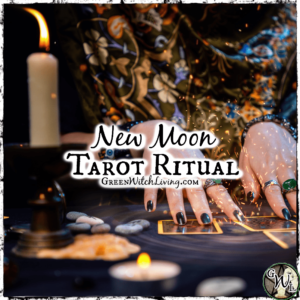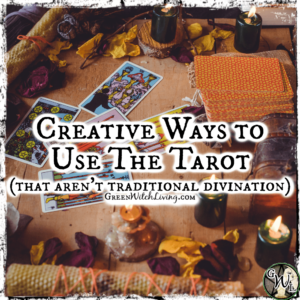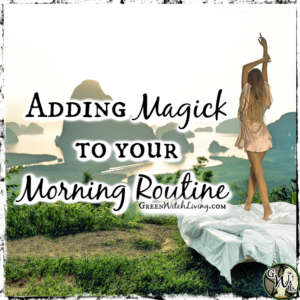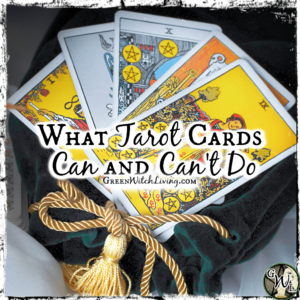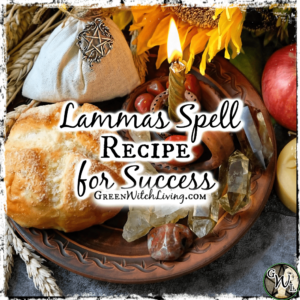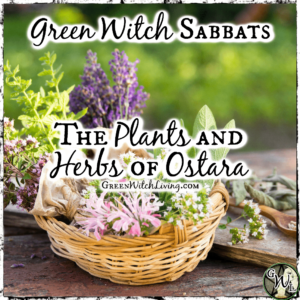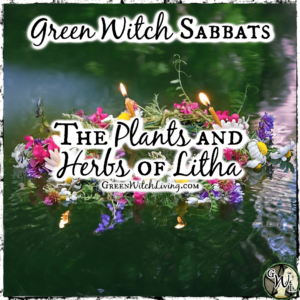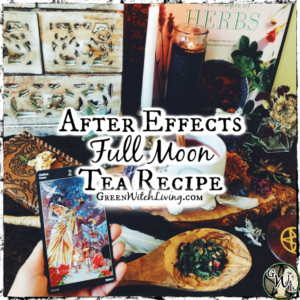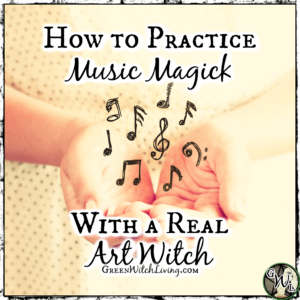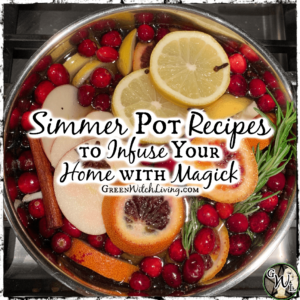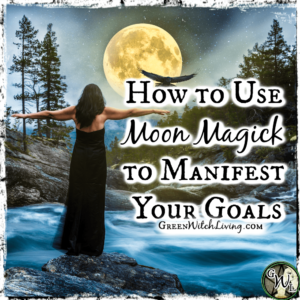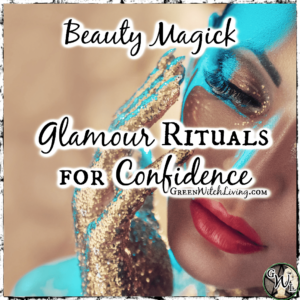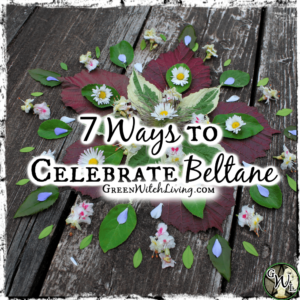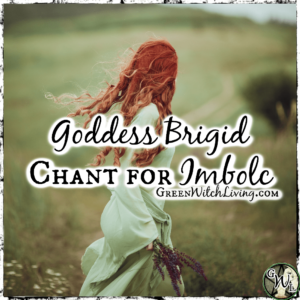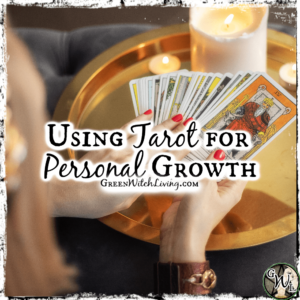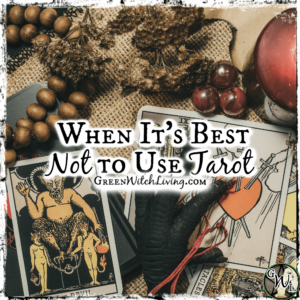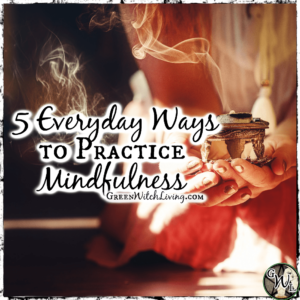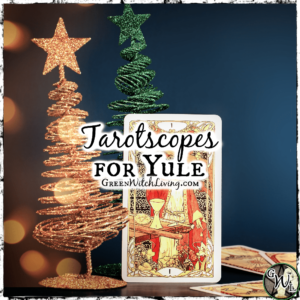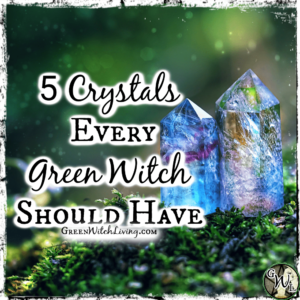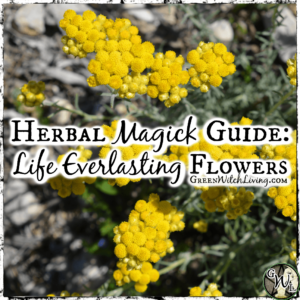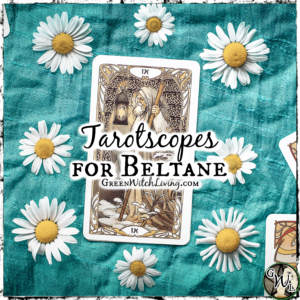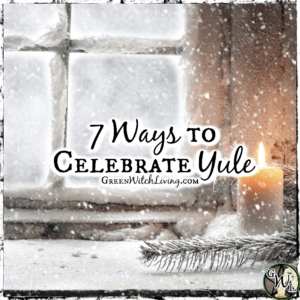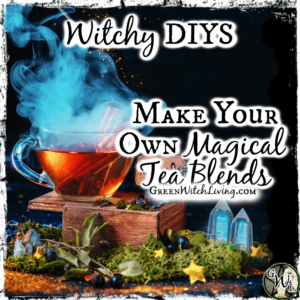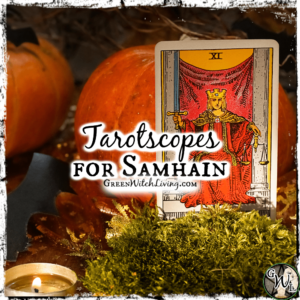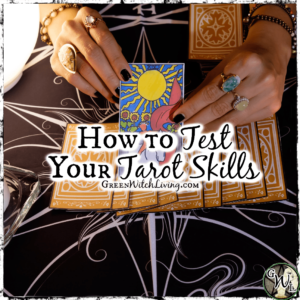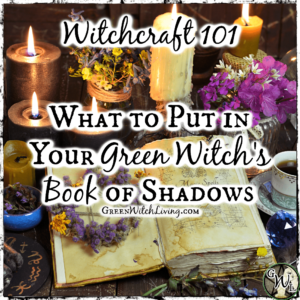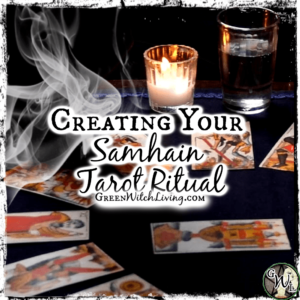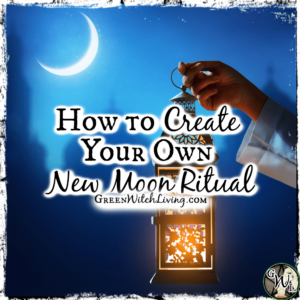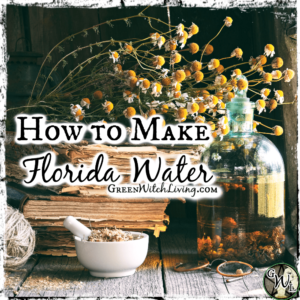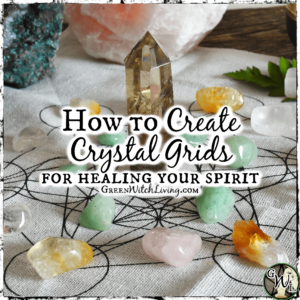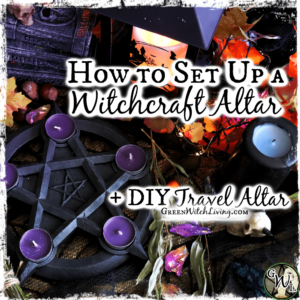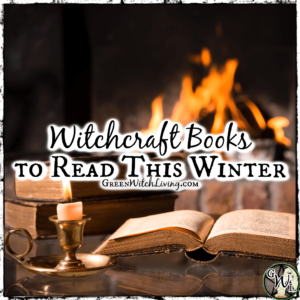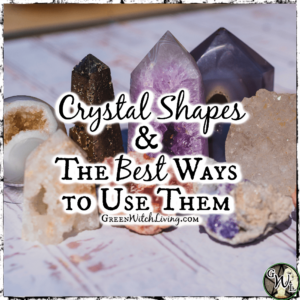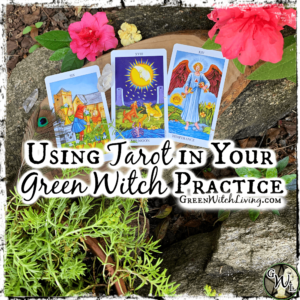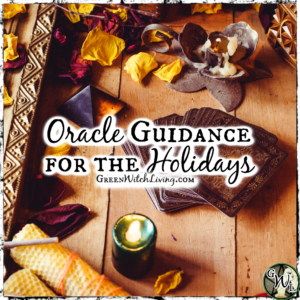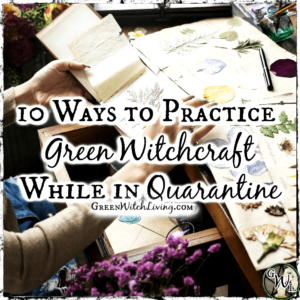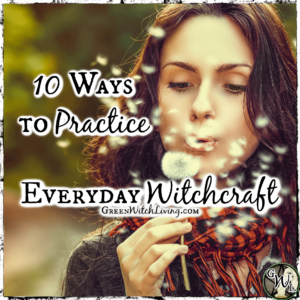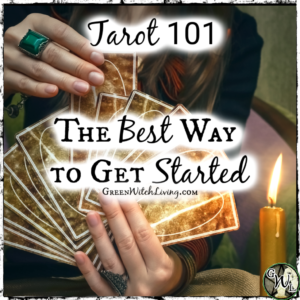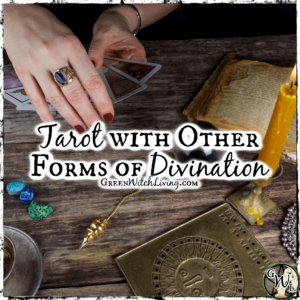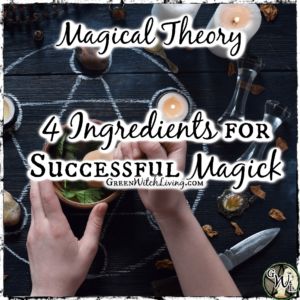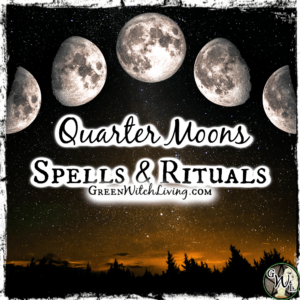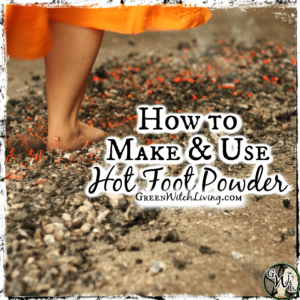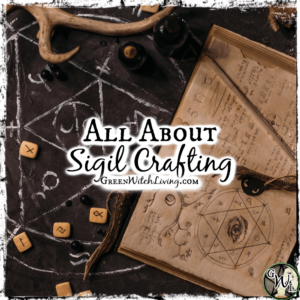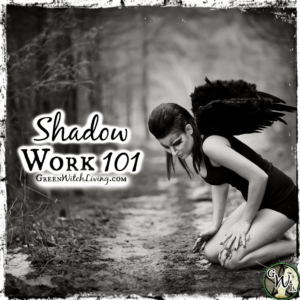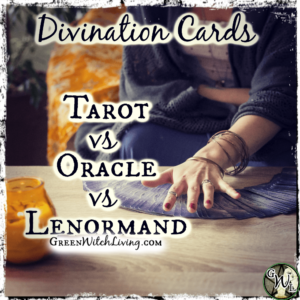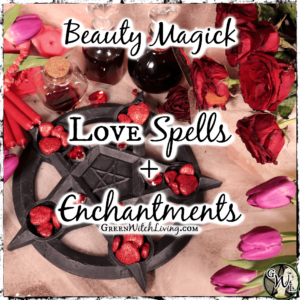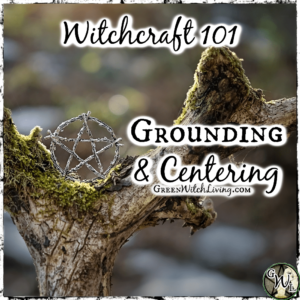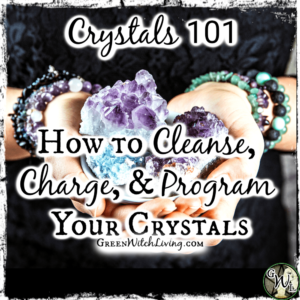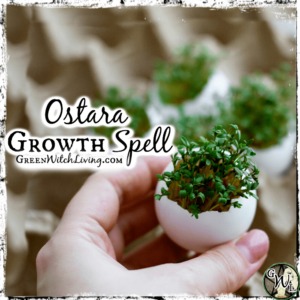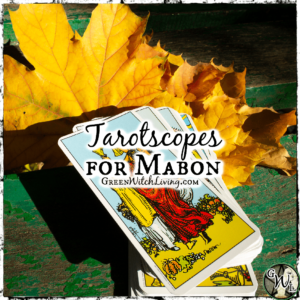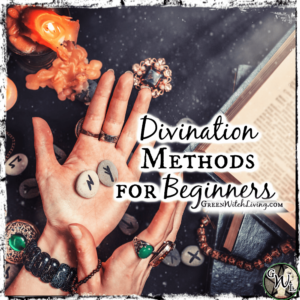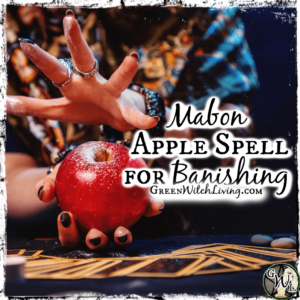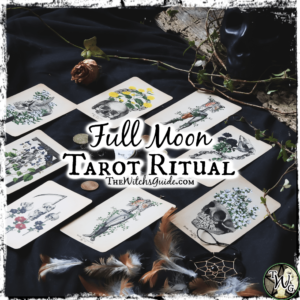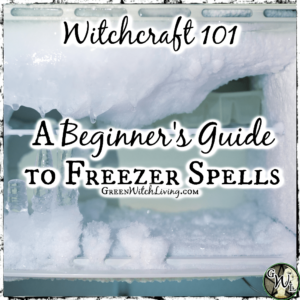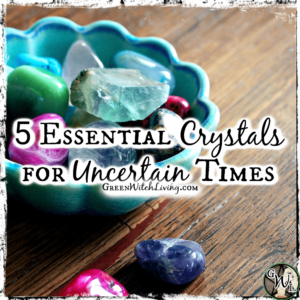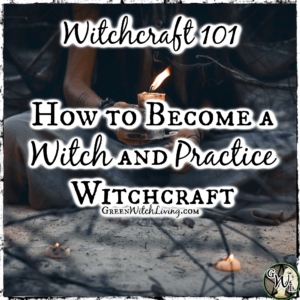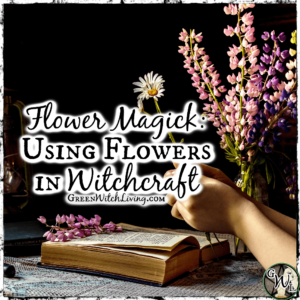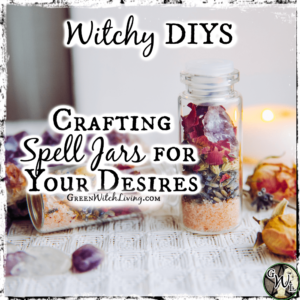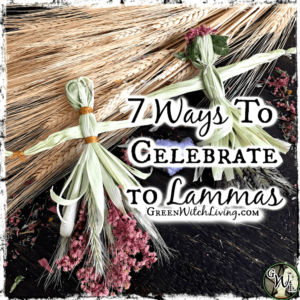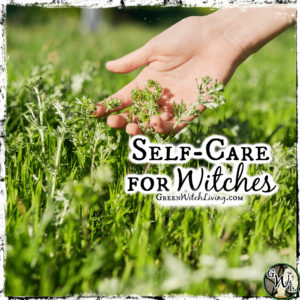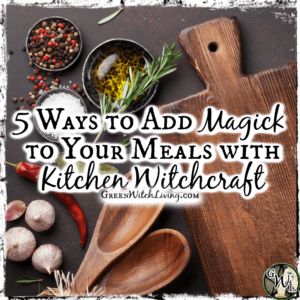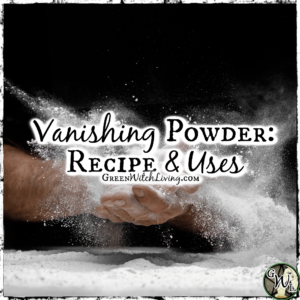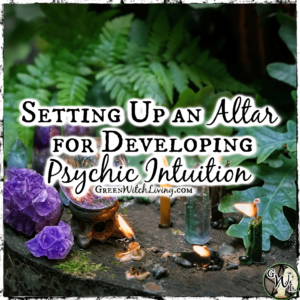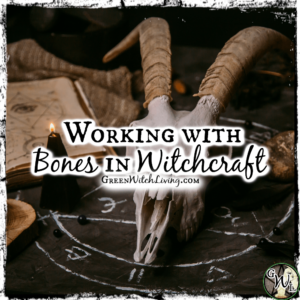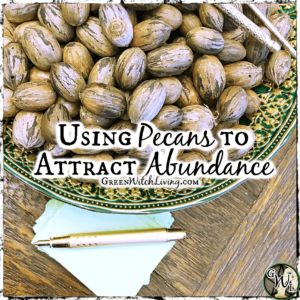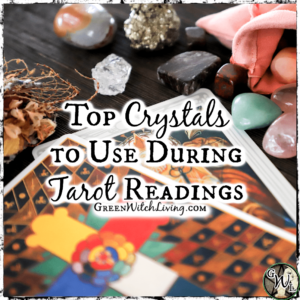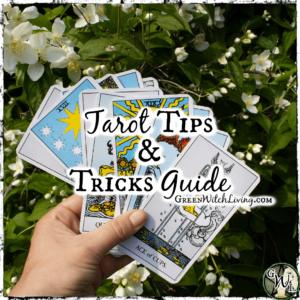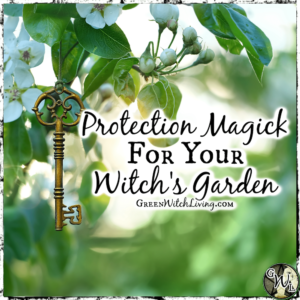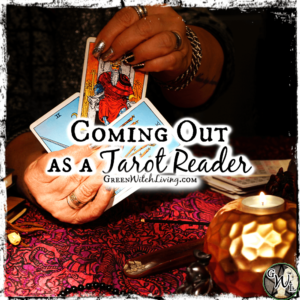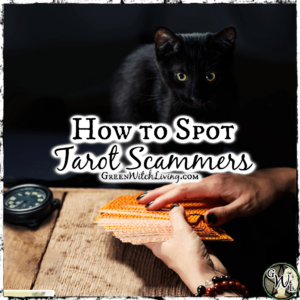At some point you may ask yourself, why didn’t my spell work? If you wished to learn a musical instrument, you could simply pick one up and start practicing. There are many musicians who are self-taught, who can’t read sheet music, and some of them become good musicians. But they rarely become great musicians, without eventually putting some time into the study of musical theory.
It is far better to understand how chords, time signatures, and keys work, without wasting time through trial and error, trying to find notes that work together. Likewise, a basic understanding of the principles of magick will save you the unnecessary frustration and aggravation of the “hit or miss” technique.
What is Magick?
First, Let us define what magick is. Magick is the art of transforming and transferring energy to effect a change in the physical world. That’s it in a nutshell. That’s our goal. Now, in physics, the law of conservation of energy says that energy cannot be created or destroyed. It can only be transformed or transferred. This correlates to our principles. In Magick, we transfer psychic energy, or transform it into another form of energy to achieve our goals.

Imagine yourself as an archer. You draw your bow, aim your arrow at the target, and release your bowstring, sending your arrow into the target. Your bow is your energy, the arrow is your spell. The aim is your focus, and the target is your intention. When it comes to spell casting, those are the essential elements you need for successful magick: energy, spell, focus and intention. Let us briefly discuss these.
The Four Components of Successful Magick
1. Energy
Where does the energy come from? It comes from several places. We all have a level of innate energy. Saying that one person is more “powerful” than another is misleading and inaccurate, since (with rare exceptions) everyone has nearly the same level of personal energy. Energy can also be drawn from an area or object.
Some areas, as I’m sure you’ve noticed, have a high level of energy within them. A skilled practitioner can draw upon this reserve to power their magick. Likewise, certain objects can be used as a sort of “rechargeable battery” to absorb energy which you can then later draw upon. Certain enchanted objects and certain crystals work well for this purpose. And too, this is where cooperative or group magic excels, as the collective energy will create a highly powered spell.
2. Spell
Virtually any spell, even a spell taken from a work of fiction, can be made to work. Older spells or spells that have a great number of believers, tend to be more effective. For this reason, the Psalms tend to work extremely well as spells. This is because, like a well-crafted arrow, straight, true and balanced, they have a long history of use, and carry the energy of hundreds of years of belief. Faith lends power.
In addition, certain physical components to your spell can either help or hinder it. Herbs and other organic ingredients will have an innate inclination to a specific purpose. Choosing components that align with your intention is crucial. Using an herb, ingredient, stone or incense that naturally runs contrary to your intention can cause it to fail. Select them with care, consulting a Materia Magica if needed.
3. Focus
In an age of shortening attention spans, many find this difficult to achieve, and indeed, it does take extensive practice and exercise. Yet, it is vital to the success of your spellwork. You must learn to tune out all distractions and focus exclusively on a single thing. Meditation, and even some games of skill, such as Go, Chess, or Scrabble can help you improve and sharpen your focus. Sending off a spell with insufficient focus is like launching your arrow without aiming it. It may go in the general direction of your target, but a hit will only occur from luck.

Even doing jigsaw puzzles will strengthen your concentration. The goal is to become skilled at focusing and concentrating on a single task, for as long as possible, without the attention wandering. You should try, whenever possible, to incorporate these types of exercises into your daily life. Then, when you are working a spell, you will be able to give it the full force of your will and focus. Many practitioners are able to do remarkable work, with no additional tools or energy sources, simply because their focus is so incredibly sharp and intense.
4. Intention
Beginners often make the error of making their intentions too broad and vague. For example, let’s say you need $300 to pay for a car repair. So you do a money-drawing spell. The next day, a friend pays you back the $5 they borrowed some time ago, a cashier accidentally gives you an extra quarter in your change, and you find a dollar bill on the sidewalk. Ok, the spell technically worked, but it didn’t have the results you desired, because you didn’t express your intention precisely enough. If you need $300, concentrate on getting at least $300. That’s your intention. That’s what you’re aiming at.
Visualize it as clearly as you can, along with the paths that money might use to come to you (and be sure those paths are open). Draw it. Write it down. Print photos of it. Keep your eye on that target and see it always in your sights. Often, it helps to illuminate your target, light it up, make it as visible as possible. This is the reason why spells targeted at a person are improved by incorporating something from that person (hair, blood, clothing, the more closely associated, the better).
If you don’t have a physical part of the person, then a photo will do. Even their full name, written out, will serve as a target. ( this is also why poppets are effective-they are a stand-in for the target). Therefore, visualize your target as clearly as you can. Narrow it down. Make it explicit and unambiguous, and you will greatly increase the chances it will manifest.
Book Recommendations for Magical Theory
Chapters, if not entire books, have been written about each one of these integral parts of magick. Should you wish to explore the subject further, there are many worthy books on the subject of Magical Theory, especially those by Franz Bardon and David Conway, both of whom I highly recommend.
For a Materia Magica, (an encyclopedia of magic ingredients) you would do well to consult Cunningham’s Encyclopedia of Magical Herbs, Draja Mickaharic’s Materia Magica, or Hoodoo Herb and Root Magic by Catherine Yronwode.
Saving this Article for Later? Pin It.




